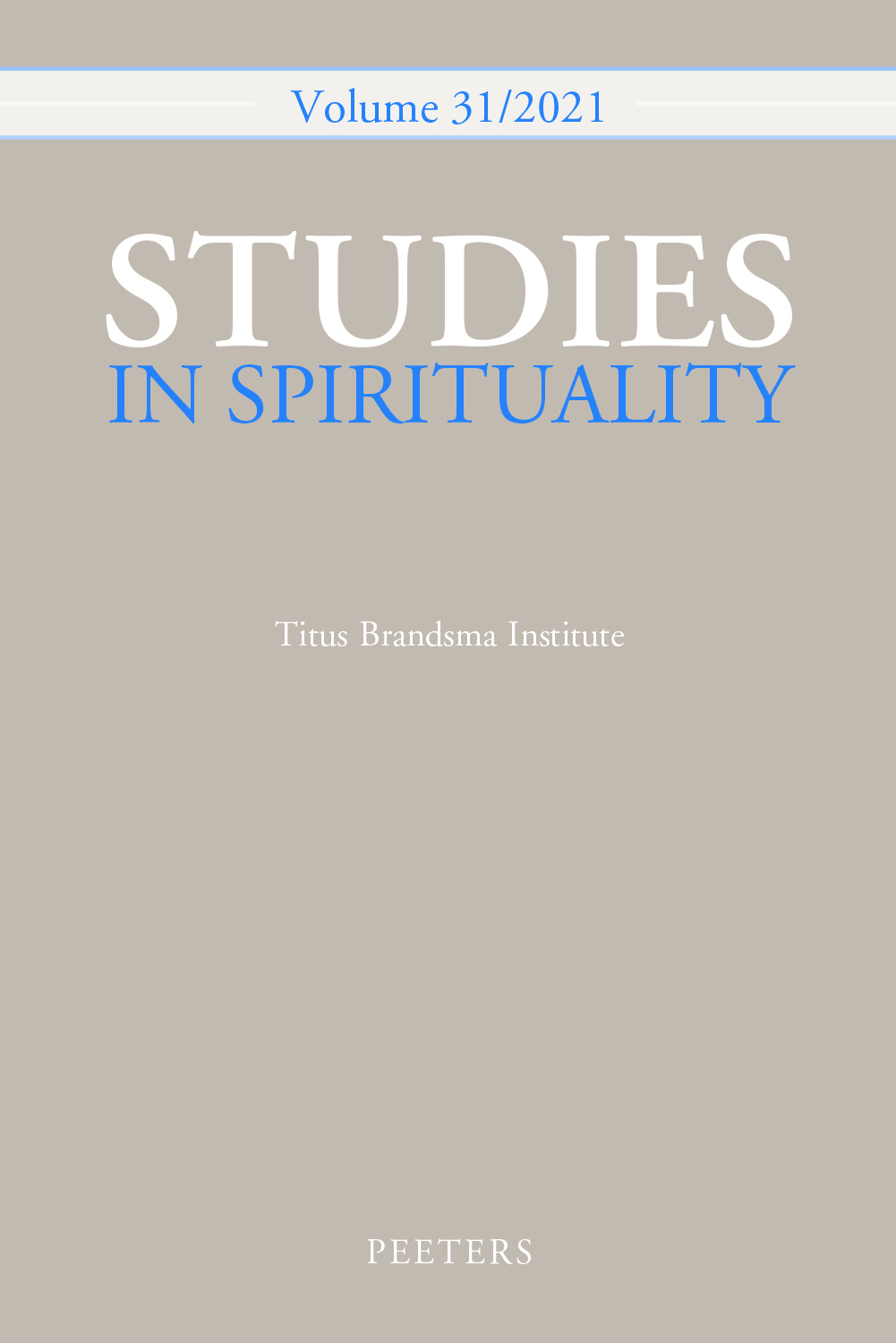 previous article in this issue previous article in this issue | next article in this issue  |

Preview first page |
Document Details : Title: Kontemplatives Schriftverständnis Subtitle: Zur Wechselbeziehung von kontemplativer Übung und Schriftverständnis Author(s): SCHWIENHORST-SCHÖNBERGER, Ludger Journal: Studies in Spirituality Volume: 17 Date: 2007 Pages: 115-125 DOI: 10.2143/SIS.17.0.2024644 Abstract : The modern academic biblical scholarship is rarely connected to religious experience. New forms of spirituality neglect the Holy Scriptures and rather tend towards eastern forms of spiritual practice. The starting point of the considerations about a traditional Christian way of instruction to the Bible in this article is contemplation. Contemplation, following Bonaventura, is presented as a practice which focuses on the intrinsic self to transcend everyday experience. This can lead to a contemplative understanding of Scripture as a testimony of the divine revelation out of its interior source. The value of historical biblical scholarship is not denied thereby, but interpretation of Scripture must go beyond it towards a spiritual understanding. As an example of spiritual exegesis which at the same time does justice to the biblical text the interpretation of Job 30:20 by Gregory the Great is analysed. The spiritual understanding of Scripture is founded in the Bible itself. Thus the way can be taken from believing to seeing which is exemplarily shown in the Book of Job (42:2-16). To explain faith is not the ultimate aim of exegesis. Spiritual interpretation of the Bible can open a way beyond it towards a Christian spiritual practice. |
|


